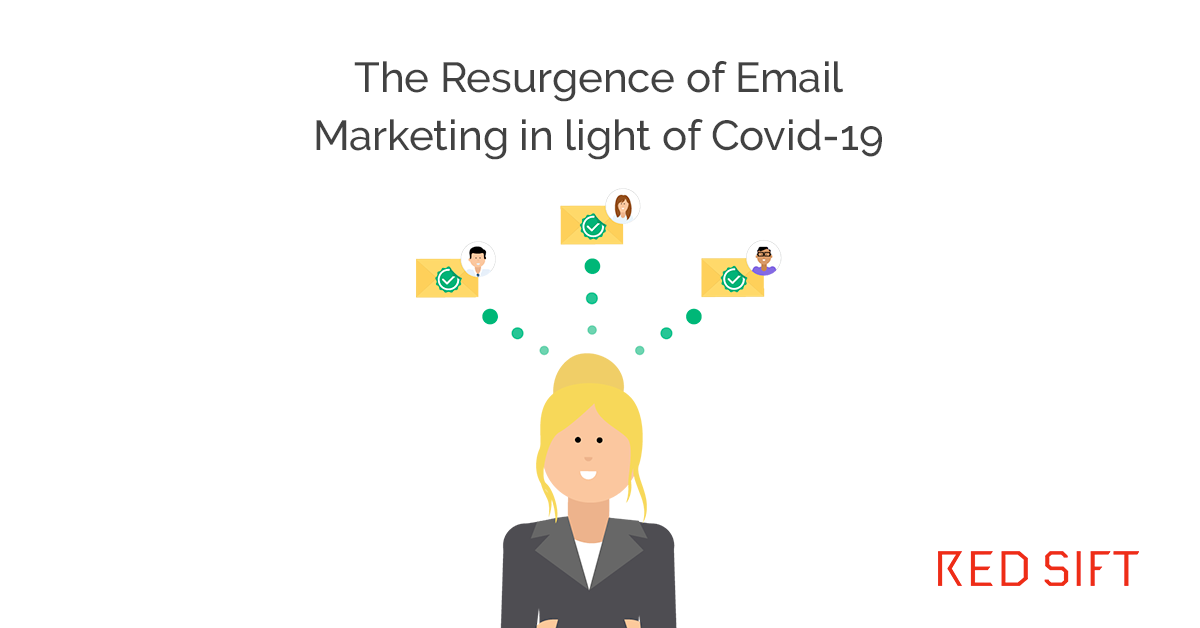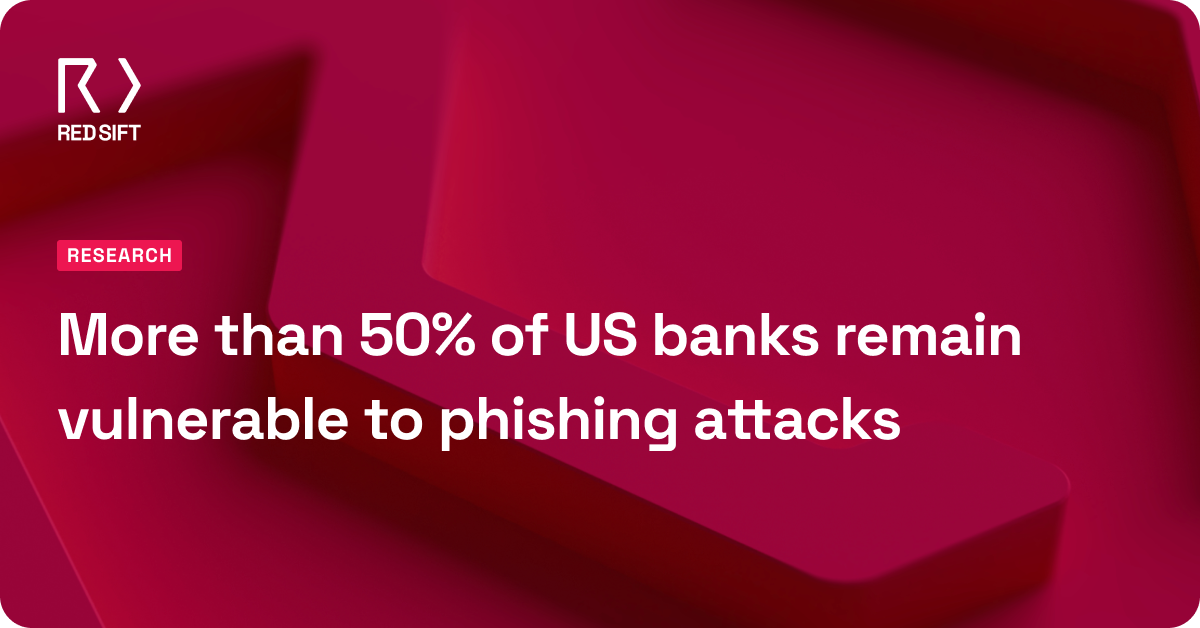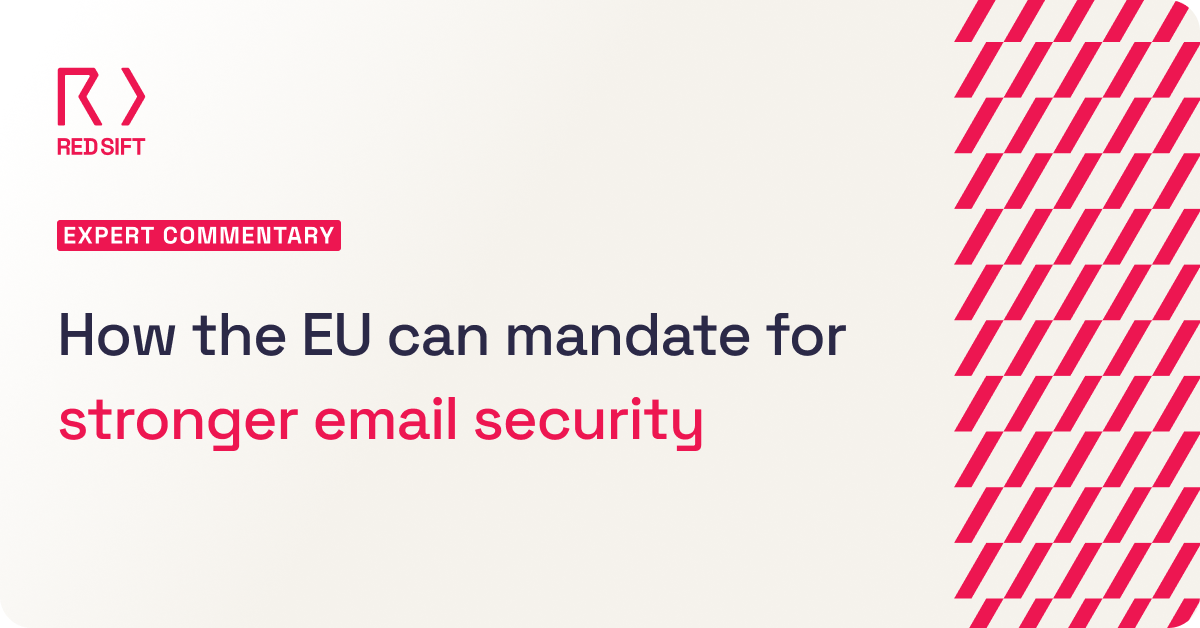In the past two months, we’ve seen commonplace business practices completely upended due to the global pandemic caused by COVID-19. Brands of all shapes and sizes are reevaluating what success looks like this year and amending their business goals accordingly. This has a huge impact on marketing as marketers scramble to engage with their customers in appropriate and thoughtful ways, often with smaller budgets than they had at the beginning of the year.
One element of the marketing mix that has taken a front seat in light of COVID-19 is email marketing. Every consumer with an email address has received email updates from companies they’ve engaged with over the last 10 years – regardless of when their last touchpoint was. While marketers work to ensure every campaign shows clear results, an often overlooked element – during “normal” times, but even more so in times of upheaval – is security. As brands begin to rely on email marketing more frequently, they must prioritize security standards to protect both their consumers’ information and internal data from malicious parties. Below are some best practices to ensure a successful and secure email marketing campaign.
Increase Deliverability

For email campaigns to be successful emails have to first and foremost make it to the consumers’ inbox. As of 2019, nearly one in five emails were caught in spam filters, never to be read by consumers.
This is a huge issue for marketers who are relying on email campaigns to reach their customers and elicit engagement. While there are various ways to improve deliverability, one integral step is implementing global authentication protocols. Core security measures – SPF, DKIM and DMARC – work together to authenticate senders’ email addresses. This ultimately instills confidence in consumers who can clearly recognize that the emails they’re receiving are credible and from a brand they trust. Our free ‘Investigate’ tool can give you insight into the current status of the above protocols.

Share Relevant Information
With consumers being bombarded with emails right now, it’s essential to provide relevant and timely information. This is important for two key reasons, with the first being brand reputation. Today, consumers support brands who prioritize transparency and invest in social good. The moment an irrelevant or tone-deaf message comes from a brand, you can bet their consumers are already looking for a new option. The second reason brands should be sharing relevant and timely information is that it increases the odds that your consumers will continue to open and engage with emails in the future. Since the COVID-19 pandemic began in the U.S., email marketers across all industries have seen a 5% increase in newsletter opens. To avoid losing consumer interest and ensure higher engagement, brands must keep an acute pulse on sentiment and share information accordingly. This is especially important during a crisis.
Be Human in Your Communication

The final essential element when it comes to email marketing is to remember that your customers are humans. Right now everyone is dealing with this crisis in their own way.
Brands can build additional trust with their audiences by considering the unique and uncharted circumstances we’re currently facing. This not only applies to the information you’re sharing, but also the frequency you’re sharing it – now is not the time to fill your customers’ inboxes with incessant messages. Now more than ever, consumers are eager to engage with brands they can rely on during this crisis and will quickly cut out brands who are not providing meaningful content. The most successful marketing campaigns are those that humanize their brand, and connect directly and thoughtfully with their customers.
If you’re looking to get started with DMARC or need support in configuring an existing setup, get in touch with a member of the team or sign up for a 2 week free trial of OnDMARC!






